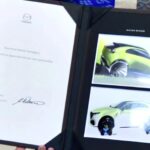With fuel prices fluctuating and consumers becoming more conscious of economical and environmentally friendly choices, hybrid vehicles are gaining traction in the Vietnamese market.
However, before investing in a hybrid vehicle, it’s crucial to understand this technology and consider practical factors to determine if it suits your daily needs.
What are hybrid vehicles, and how do they differ from conventional gasoline cars?
Hybrid vehicles use a combination of two power sources: an internal combustion engine and an electric motor. During real-world driving, the vehicle can seamlessly switch between these sources or use them simultaneously to optimize fuel efficiency. Unlike pure gasoline cars, hybrids can move at low speeds using electricity, typically below 40 km/h, before engaging the gasoline engine when more power is needed for acceleration or uphill climbs.
This results in significant fuel savings, especially in urban settings. Here are five factors to consider before purchasing a hybrid vehicle:
Real-world fuel efficiency
Popular hybrid models in Vietnam, such as the Toyota Corolla Cross, Innova Cross, and Suzuki XL7 Hybrid, are renowned for their fuel economy, offering savings of up to 20-40% compared to their gasoline-only counterparts. However, on highways, this advantage becomes less pronounced as the electric motor is less utilized at higher speeds.
Vehicle price and initial investment
Price remains a significant barrier. Hybrid vehicles typically cost 50-150 million VND more than their gasoline equivalents, depending on the brand and model. This is a concern for many buyers. However, the higher initial cost can be gradually offset by monthly fuel savings, especially with today’s volatile fuel prices.
Maintenance costs and durability
Another concern for potential buyers is maintenance and durability. Contrary to initial worries, today’s hybrid systems are designed for longevity. The average battery lifespan ranges from 8 to 10 years, and some manufacturers like Toyota offer an 8-year or 160,000 km battery warranty. Hybrid vehicle maintenance is not overly complicated, and regenerative braking systems even reduce brake pad wear compared to conventional cars.
Driving mode – Who is it suitable for?
Hybrid vehicles are not for everyone. They excel in urban environments with frequent stoplights, slow traffic, or congestion. If you prioritize fuel economy, smoothness, and mostly drive within city limits, you’ll appreciate the benefits of a hybrid. On the other hand, if you frequently travel long distances, prefer highway driving, or enjoy a more powerful driving experience, a conventional gasoline car might still be the better choice.
Availability and after-sales service
While Vietnam now offers a wider range of hybrid models, consumers should note that not all service stations, especially in smaller towns, may be equipped to maintain hybrid vehicles. Therefore, it’s essential to consider the after-sales service and warranty coverage before purchasing.
In conclusion, if you frequently drive in the city, value fuel economy, and care about environmental impact, a hybrid vehicle is a sensible choice. Conversely, if your usage leans more towards long-distance driving, you reside in an area with limited services, or prefer not to invest a large sum upfront, carefully consider your options to make a decision that aligns with your personal circumstances.
TH (Tuoitrethudo)
The All-New Mazda Compact SUV: Unveiling Soon in Southeast Asia
In an exciting development, Mazda has unveiled its plans to introduce a new range of vehicles to the Southeast Asian market over the next three years. This ambitious strategy underscores the brand’s commitment to expanding its presence and offering diverse options to customers in the region. With a focus on innovation and meeting the evolving needs of drivers, Mazda is poised to make a significant impact in the dynamic and rapidly growing Southeast Asian automotive landscape.

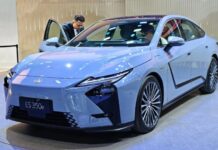
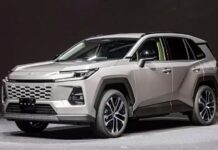
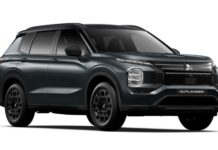





















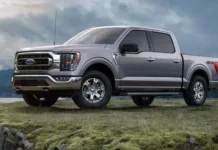
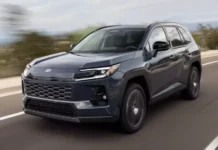
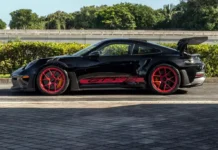

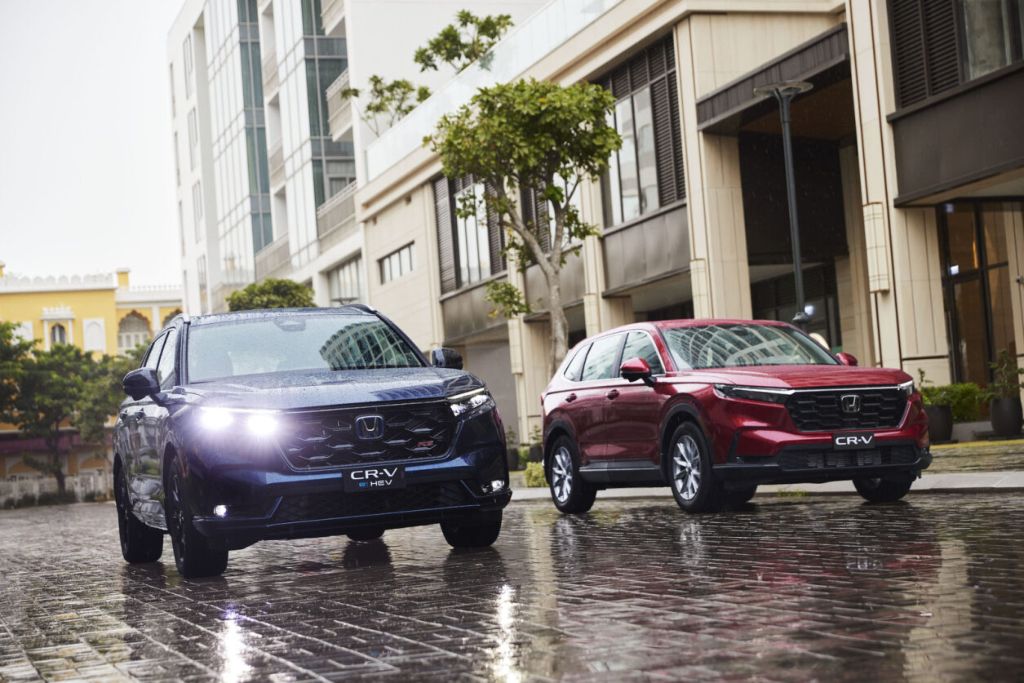
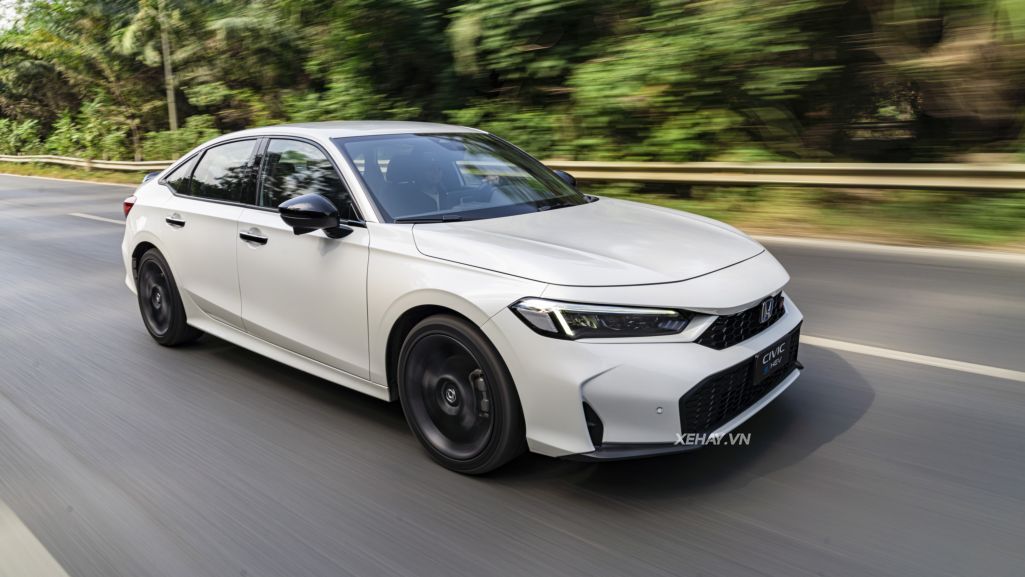
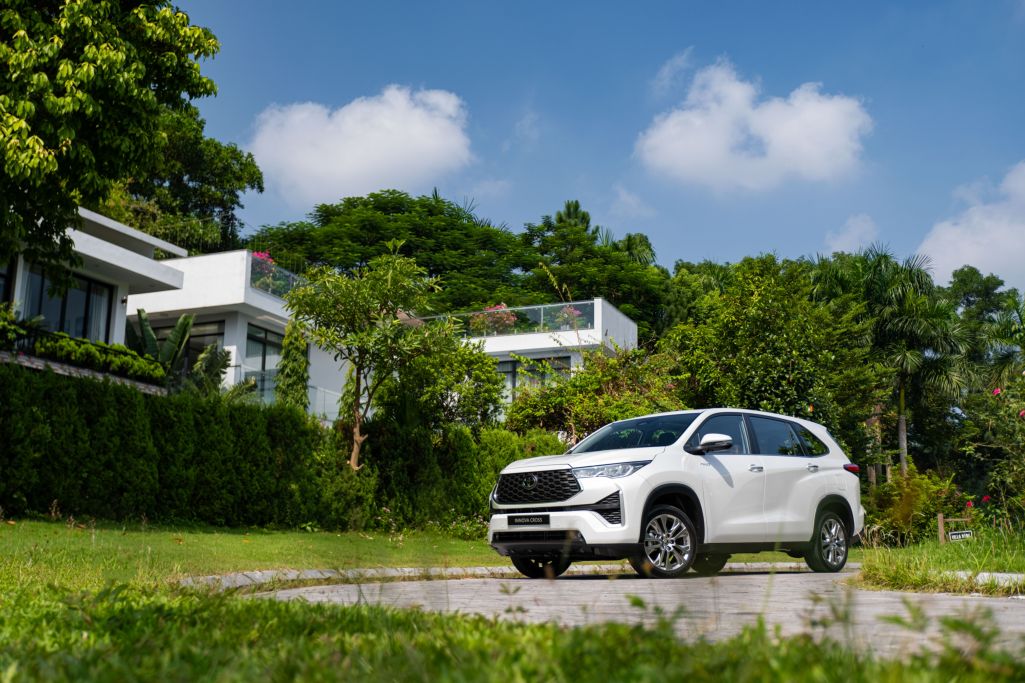
.jpg)



